Iran complying with commitments under nuclear deal: Tillerson
The Donald Trump administration has notified Congress that Iran has been compliant with its commitments under the 2015 nuclear agreement, and that the administration is reviewing whether a continued suspension of the sanctions serves the national interests of the United States.
In a letter to Rep. Paul Ryan, speaker of the House of Representatives, Secretary of State Rex Tillerson said the administration has undertaken a full review of the nuclear accord known as the Joint Comprehensive Plan of Action (JCPOA).
"President Donald J. Trump has directed a National Security Council-led inter-agency review of the Joint Comprehensive Plan of Action that will evaluate whether suspension of sanctions related to Iran pursuant to the JCPOA is vital to the national security interests of the United States," Tillerson said in a statement Tuesday.
The White House must send certification of Iran’s compliance with the JCPOA to Congress every 90 days, and it was the first issued by the Trump administration.
Tillerson, however, accused Iran of being “a leading state sponsor of terror, through many platforms and methods," and noted the administration would review the nuclear deal with that in mind.
Similar accusations leveled by US officials have in the past drawn strong reactions from Iranian authorities. Early this month, Iranian Foreign Ministry Spokesman Bahram Qassemi advised US Defense Secretary James Mattis against making such "unwarranted and malicious accusations against Iran."
He said Washington should instead oblige its regional allies to halt their widespread financial, ideological, and military support for the terrorist outfits that have been plaguing several countries.
As a candidate in the 2016 presidential election, Trump frequently criticized the JCPOA as “the worst deal ever negotiated,” but offered conflicting opinions on whether he would try to scrap it, renegotiate its terms or keep it in place.
Iran and the five permanent members of the United Nations Security Council - the US, France, Britain, Russia and China plus Germany – sealed the JCPOA in July 2015 following 18 months of intense negotiations.

Under the deal, which took effect in January last year, Iran undertook to put limits on its nuclear program in exchange for the removal of nuclear-related sanctions imposed against the Islamic Republic.
Iran has warned that it would restore its nuclear activities to the pre-JCPOA level, if the US fails to keep its end of the bargain.
Read more:
At an international conference on nuclear policy in Washington last month, European Union Foreign Policy Chief Federica Mogherini strongly defended the JCPOA, pointing out that the International Atomic Energy Agency (IAEA) had confirmed Iran’s compliance five times.
Opponents of the JCPOA, including Israel and its allies in the US Congress, accuse Iran of pursuing nuclear weapons and insist that the deal would not guarantee that the country was not striving to that end any longer.
Iran has always said that it seeks to allay international concerns about its nuclear program which is peaceful and civilian.
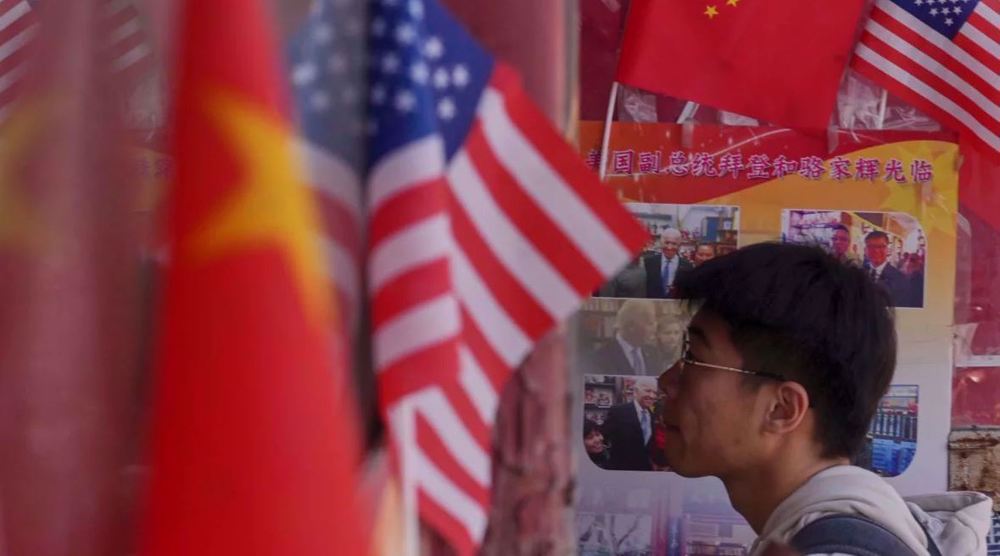
Trump’s tariffs spark fears of price hikes, product shortages in US: Report
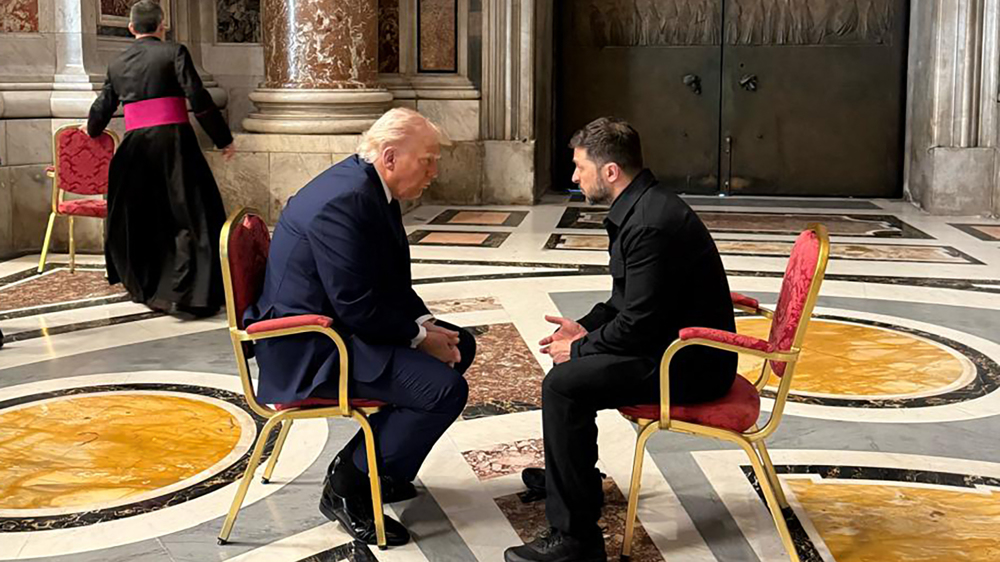
Trump, Zelensky hold 'productive' talks ahead of Pope's funeral in Rome
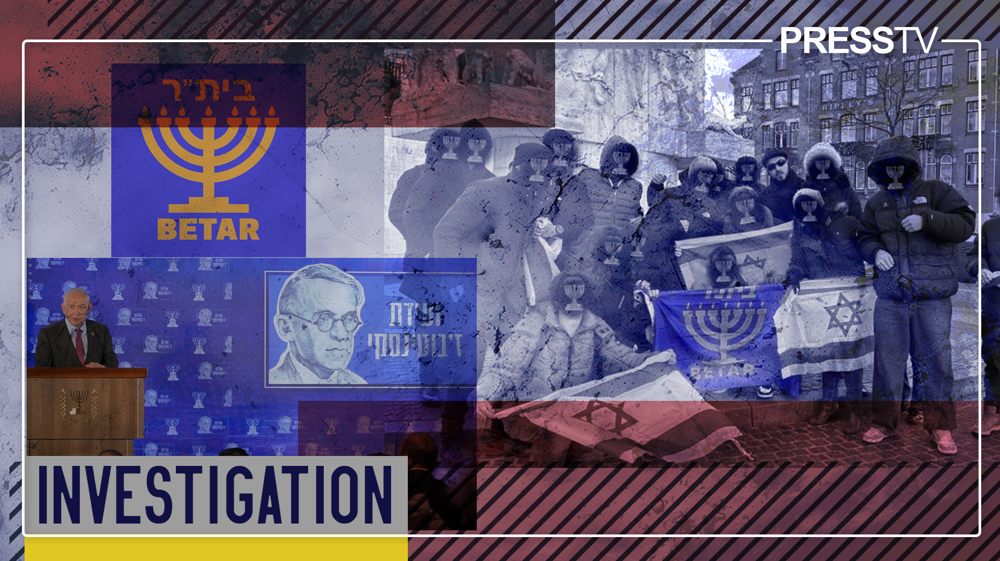
Betar US: America's new face of Zionist terrorism and the darker rebirth of Kahanism
VIDEO | Press TV's news headlines
Iran more than halved its power grid losses to 10% in 16 years: Expert
Abbas names likely successor in move deemed ‘illegitimate, divisive’
Illegal Israeli settlers attack Palestinian school in occupied West Bank
VIDEO | Israeli forces tighten siege on Jenin refugee camp
Iran restores operations at its largest container port after explosion
Leader offers condolences over ‘painful’ port blast in southern Iran
VIDEO | Yemeni army attacks sensitive Israeli military sites with ballistic missiles


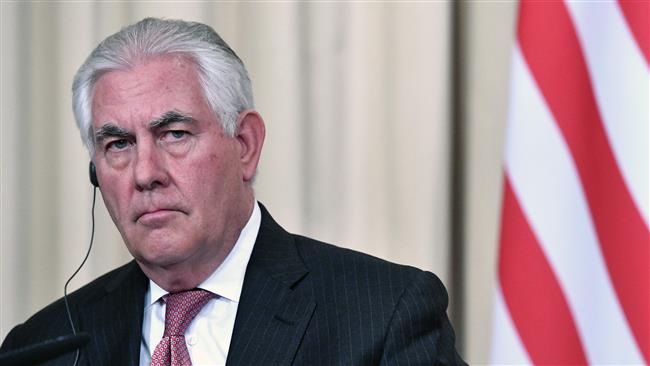



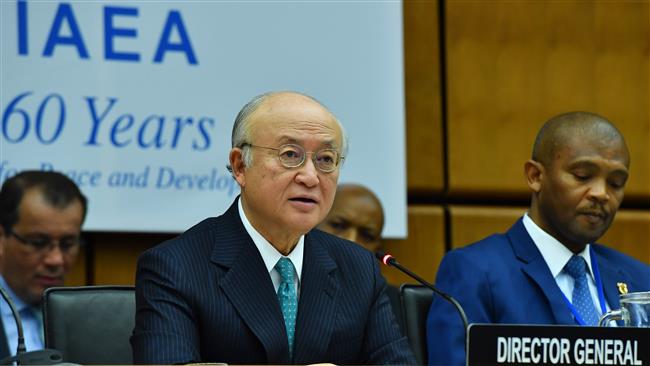
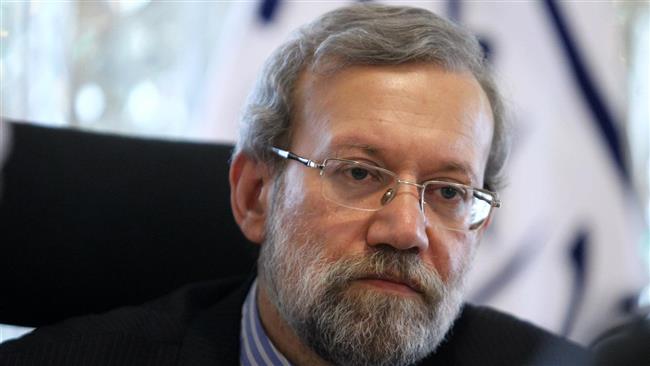
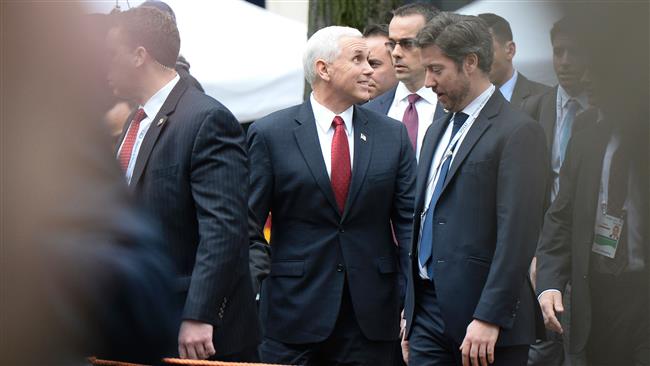
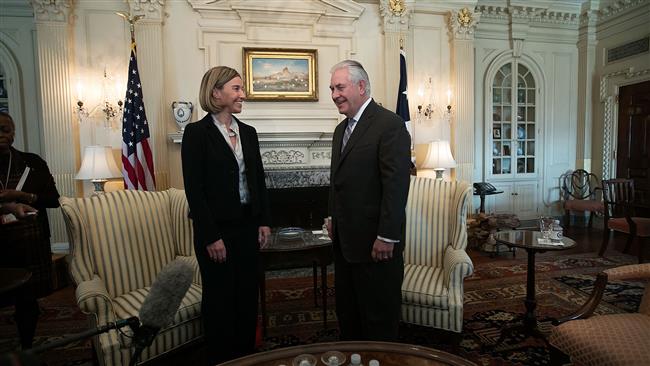

 This makes it easy to access the Press TV website
This makes it easy to access the Press TV website